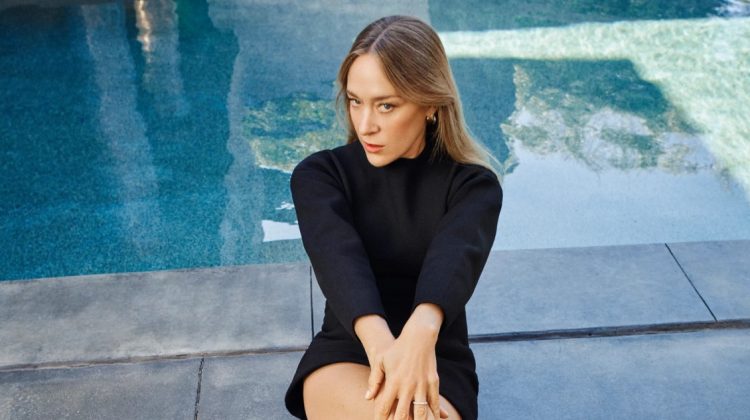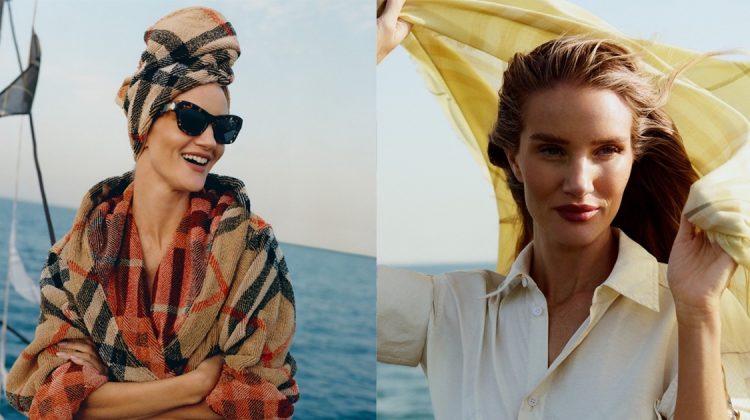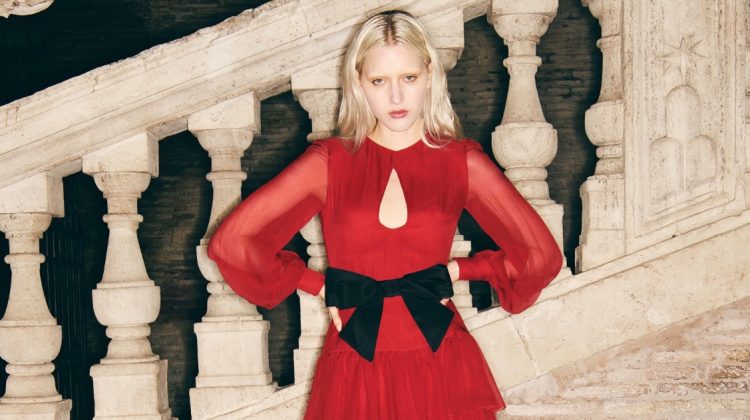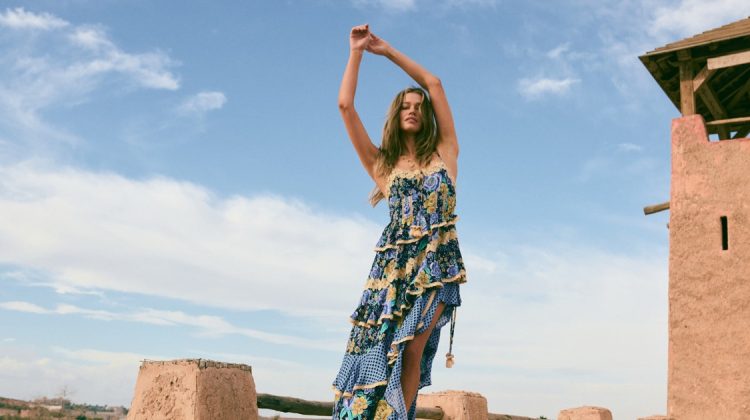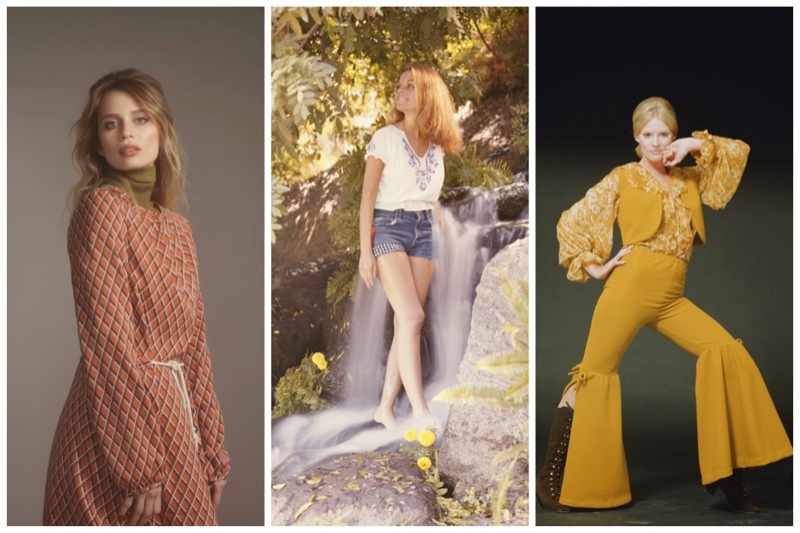
The 1970s were a time of unique style and fashion. 70s fashion was the era of disco, bell bottoms, and leisure suits. While some may view the fashion of this decade as over the top, there is no denying that the style was unforgettable. The overall style became more casual this decade compared to the 1960s.
Designers such as Halston, Yves Saint Laurent, and Diane von Furstenberg helped define the decade’s trends. Read on as we’ll look at some of the most iconic 70s fashion trends and get inspiration for your wardrobe.
70s Fashion for Women
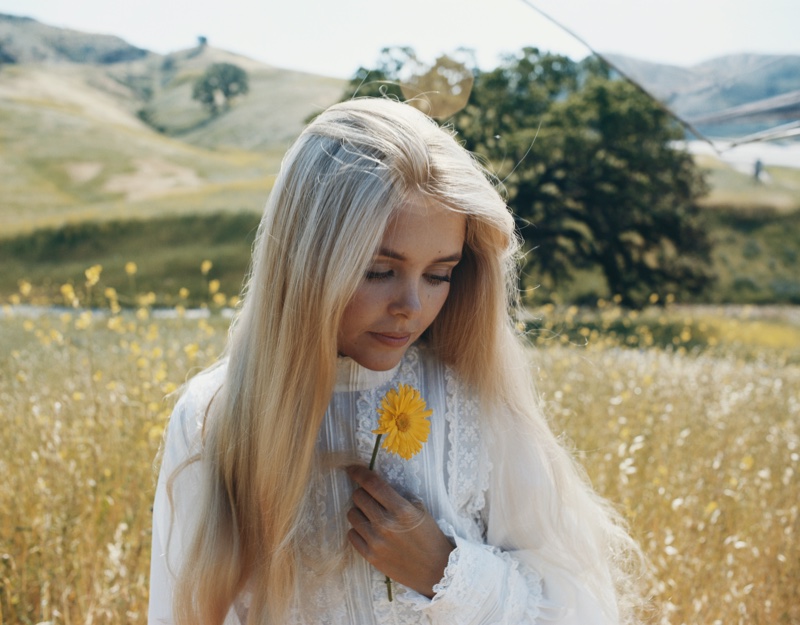
The 70s saw a time of rising self-expression through fashion, with form-fitting silhouettes at the top and loose at the bottom. 70s style was empowering as individuality became essential to dressing, and more women entered the workplace.
In the 1970s, women’s increased participation in the workforce had a significant impact on fashion trends. As young women began to take on more professional roles, they demanded stylish and functional clothing. Although women wore suits, they were usually paired with skirts rather than pants for a tailored look.
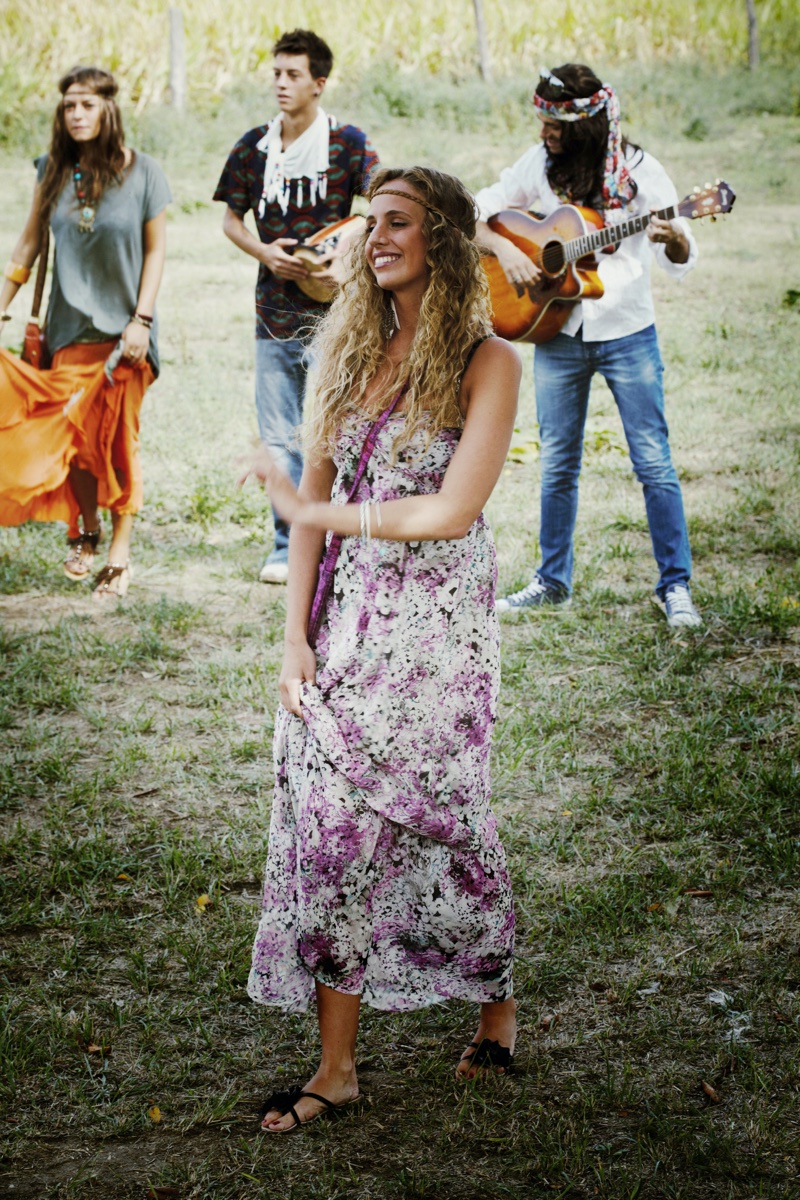
This was also the time of the rise of youth countercultures, with scenes like punk, hippy, disco, and glam rock standing out. During the 1970s, many young people earned a reputation as the “Me Generation” because of their culture’s intense focus on self-expression. This spirit of individualism heavily influenced the decade’s fashion trends in tangible and intangible ways.
Popular fabrics such as velvet, suede, and polyester were seen on the famous stars of the 70s for both day and night wear. In its own way, 70s fashion was a form of rebellion against traditional norms, giving each individual a sense of identity. This freedom in fashion changed the landscape for decades to come, creating a timeless legacy.
Bell Bottom Jeans
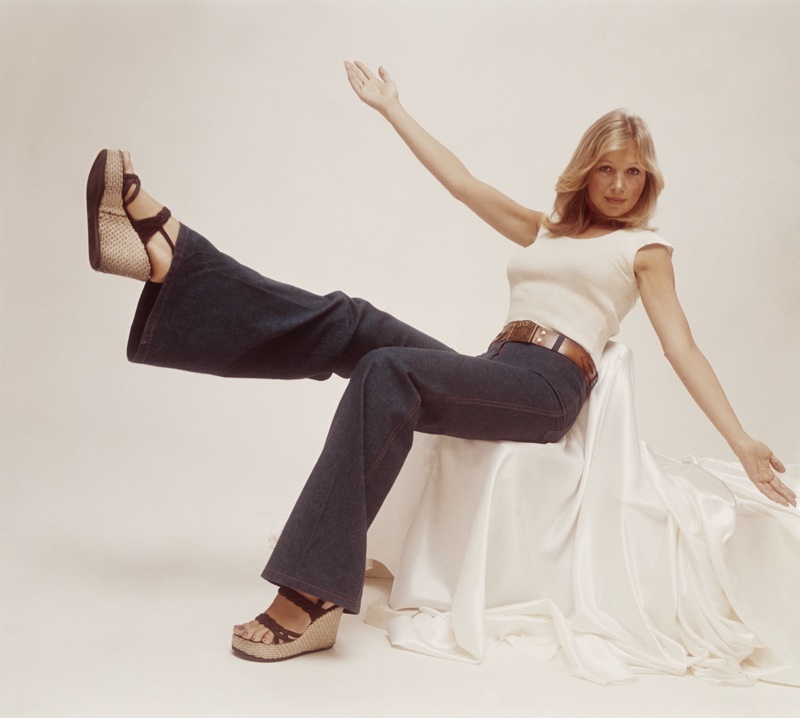
Initially inspired by sailor uniforms, bell bottoms are a mainstay of the 1970s style. They were popular during the 60s but took off in the 1970s thanks to stars like Cher and Jane Birkin, who popularized them.
Loon pants are another style of bell-bottom trousers that flare from the knee. Bell bottom style jeans flared from the calf and were often worn with platform heels, boots, clogs, or sneakers.
Today, bell bottom style jeans are back in style, although they are now called flared jeans with more subdued proportions. They look great with tight t-shirts and blouses and can be dressed up with a 70s-inspired blazer.
Maxi Boho Dresses
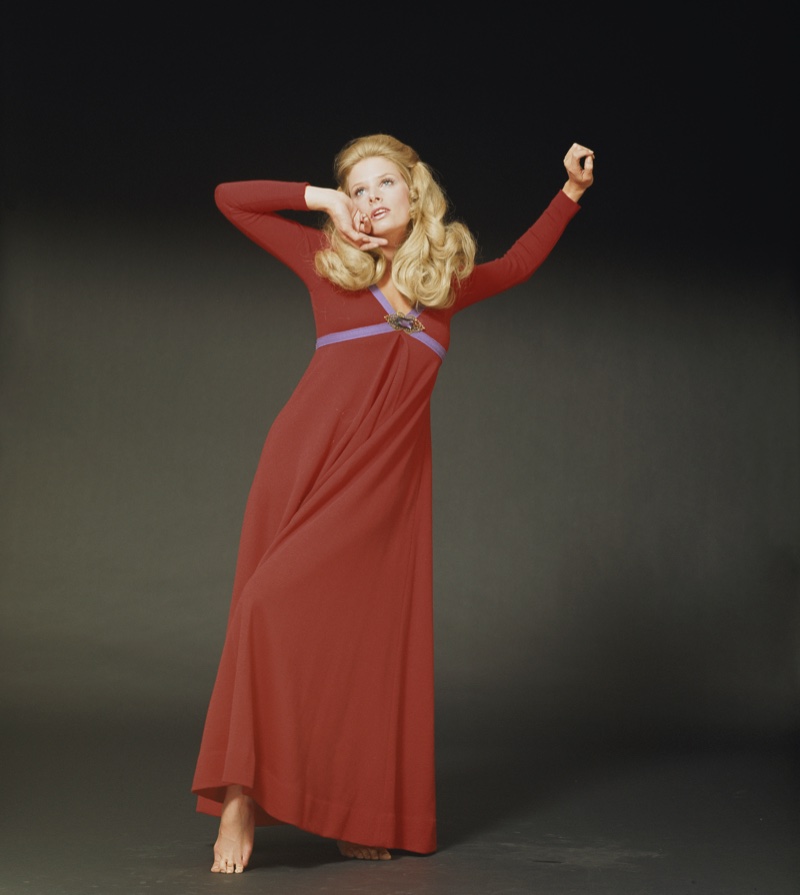
Another popular trend for 1970s style includes maxi dresses. They were perfect for channeling a boho look. Stars like Ali McGraw and Diana Ross could be seen in long boho dresses. Maxi dresses were also popular when it came to hippie style.
Maxi dresses in the 70s were characterized by a high empire waist and very loose on the body. They come in various fabrics, including lightweight cotton, for warm-weather looks. Maxi boho dresses can be easily paired with platforms or sandals for a stylish look.
Flared Pants
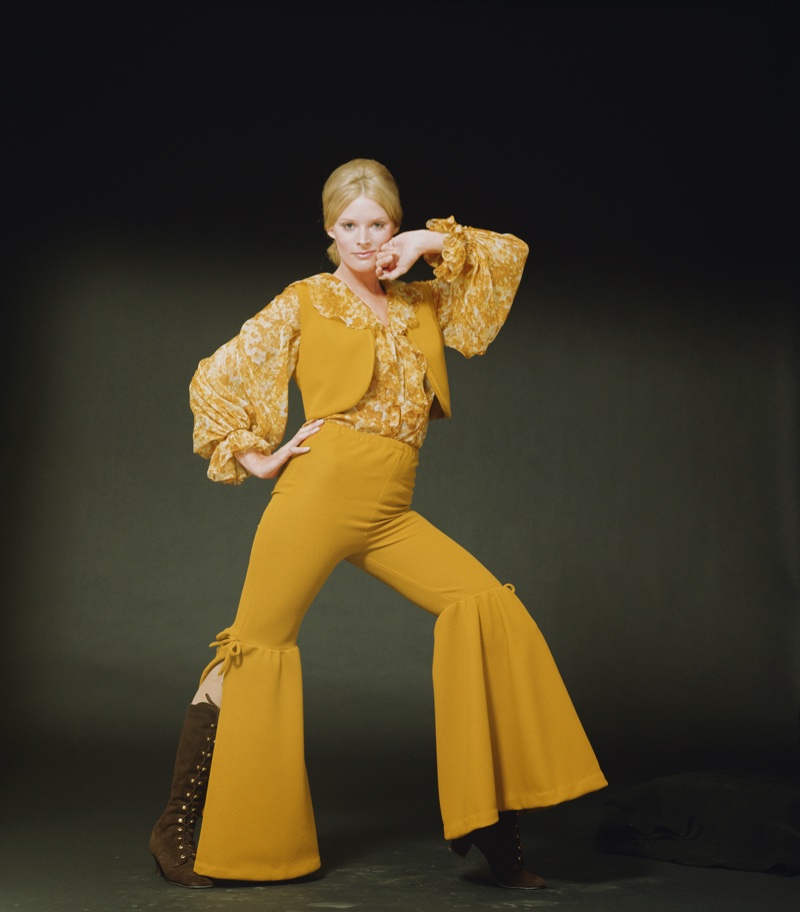
For women, flared pants were the perfect addition to their wardrobe, offering a comfortable yet stylish alternative to the traditional form-fitting pants of the time. These pants were made from flowy materials such as cotton, linen, or polyester.
They also featured wide, bell-bottom legs that created a distinctive silhouette. Whether paired with a simple tank top or a statement blouse, flare-shaped pants were a versatile staple that could be dressed up or down to suit the occasion.
Platform Shoes
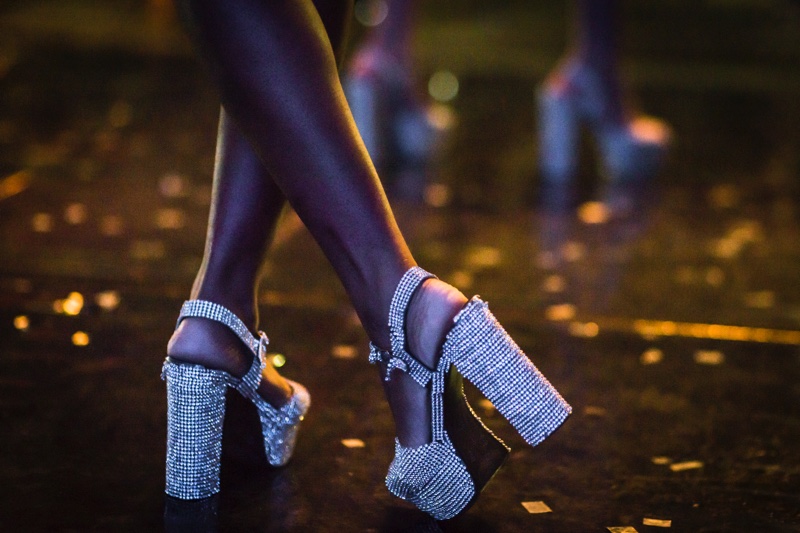
Platform shoes were all the rage in 70s fashion. Platforms were mainstays in the wardrobes of some of the most fashionable women. The thick platform heel added some drama to any 70s look. These platforms could be seen everywhere, from the vibrant colors and flashy sequins of disco stars to the chunky clogs of hippies.
Paired with bright socks, it made the footwear stand out even more. Whether at a nightclub or walking down the street, you could see plenty of platform-style shoes during this decade. They were all the rage.
Midi Skirts & Knee High Boots
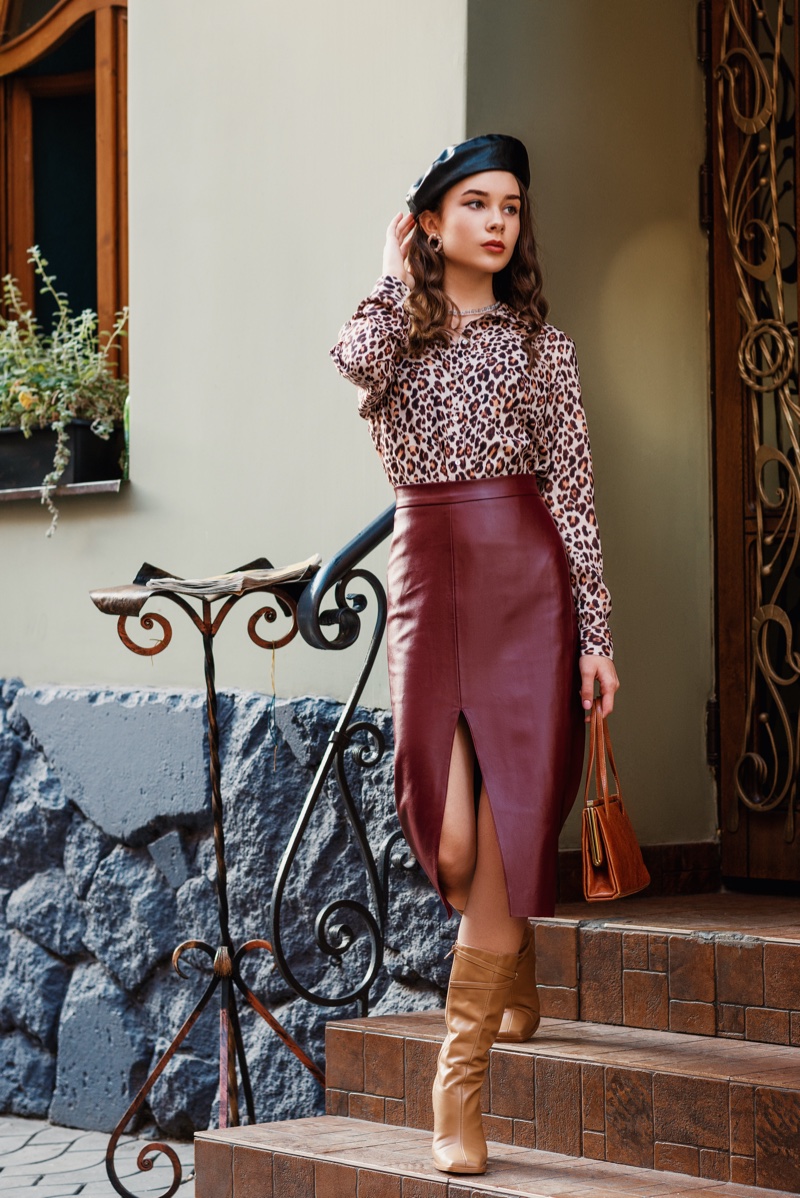
Midi skirts were some of the most iconic 70s fashion trends. They hit just below the knee and beautifully framed the legs. Midi skirts were often seen in colors like mustard yellow and burnt orange, with materials such as velvet, corduroy, or patterned fabrics.
Paired with knee-high boots, this outfit is quintessential 1970s style. Knee-high boots can be found in all colors and materials, from leather to suede. Platform boots, knee-high boots, granny boots, over-the-knee boots, and cowboy boots were popular choices for footwear during this decade.
Wrap Dress
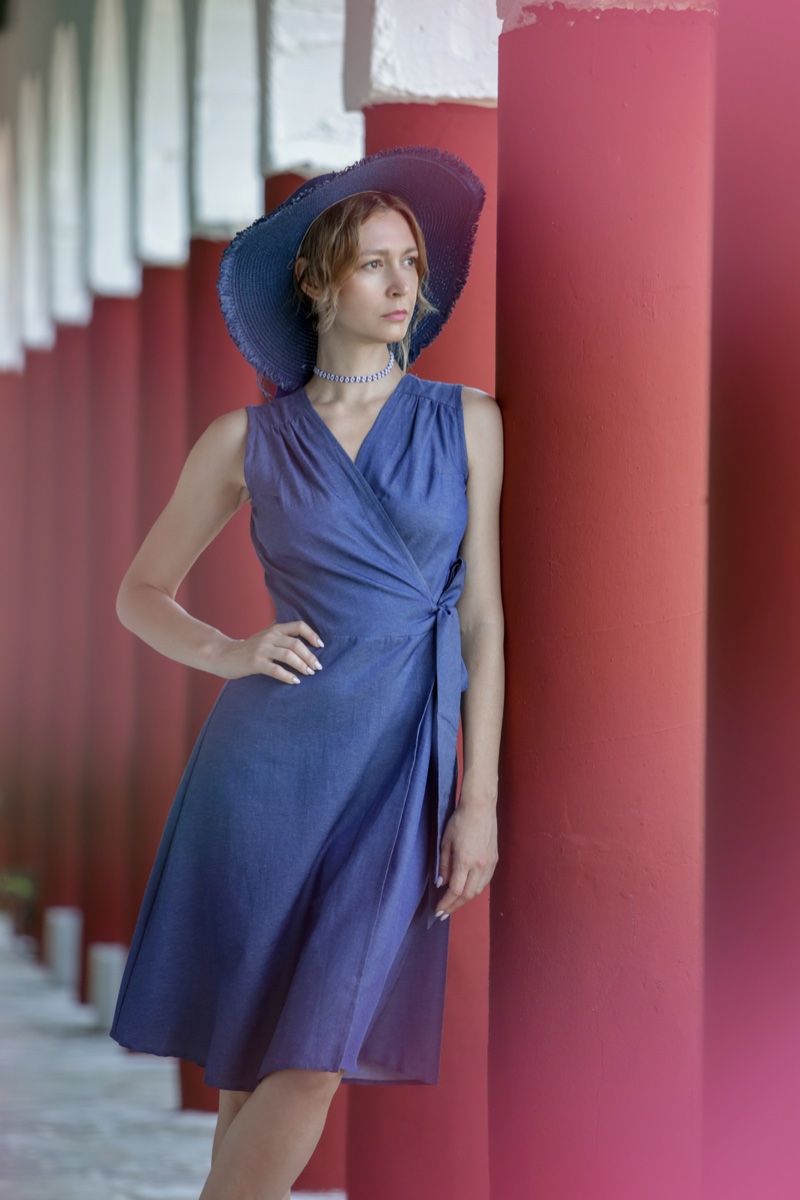
Another 70s fashion trend that has stood the test of time is the wrap dress. This timeless piece of clothing could be seen on some of the most stylish women in Hollywood. Designer Diane Von Furstenberg’s iconic wrap dress will forever remain an emblem of the 70s.
It featured long sleeves, a v-neckline, and a belted waist. The look was chic and classy, making it easy to wear in the 70s and still relevant today. From jersey wrap dresses to satin evening styles, they can be worn in different ways. The colors could be bold with vibrant patterns or neutral in a calming palette often associated with 70s fashion.
Hot Pants
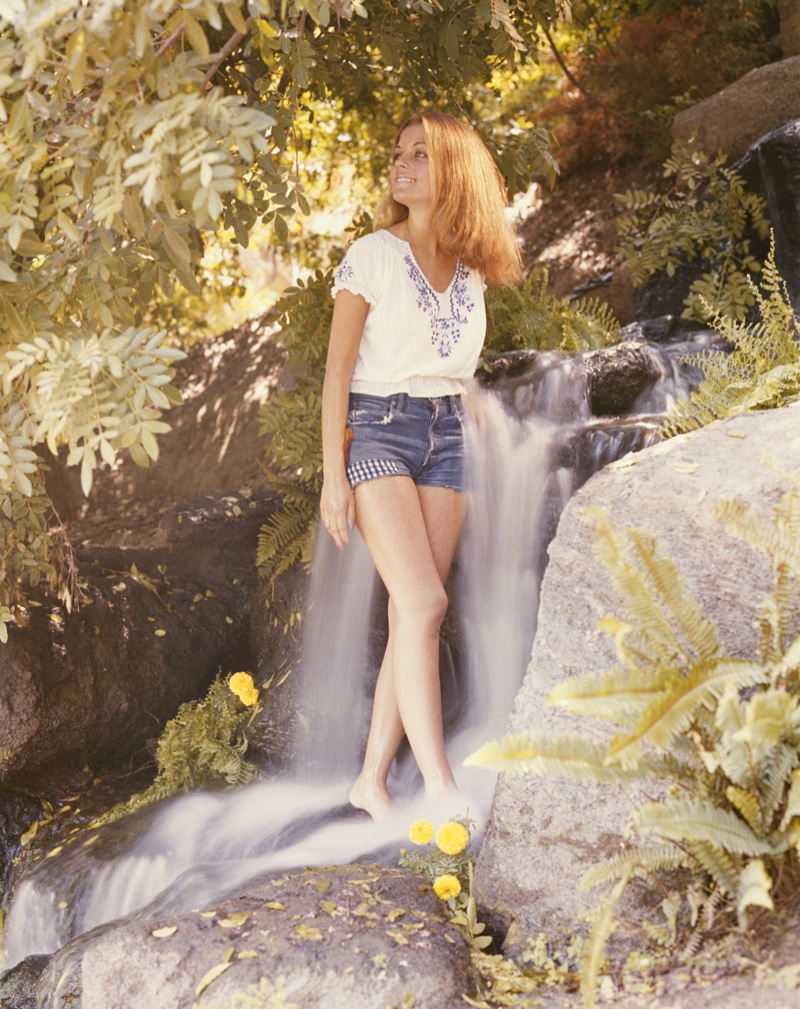
The 1970s were also the decade of hot pants. These shorts hit above the thigh and often featured a tight fit with plenty of stretch, although one could wear hot pants in denim too. These shorts were seen in vibrant colors like red or yellow. Neutral hues such as white and brown also stood out.
But some styles also included patterns such as florals, stripes, and stars. Hot pants could be dressed up and down and were shown off by icons like Farrah Fawcett and Catherine Bach.
Leisure Suits
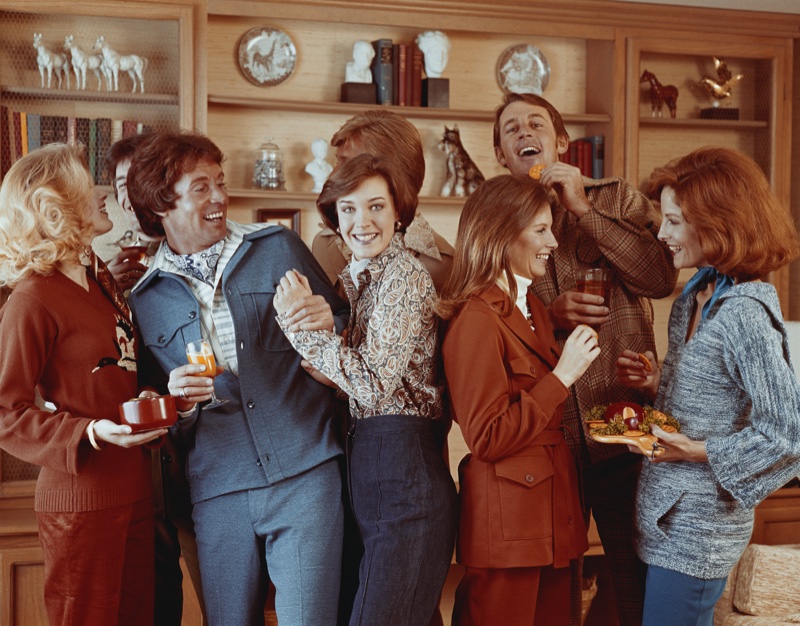
The 70s gave us one of the most iconic 70s styles: the leisure suit. A women’s leisure suit from the 1970s was a casual, comfortable, and stylish outfit consisting of a matching jacket and pants made of lightweight synthetic materials such as polyester, often in bright colors and bold patterns. It was a popular choice for both women and men in the 1970s.
Disco Style
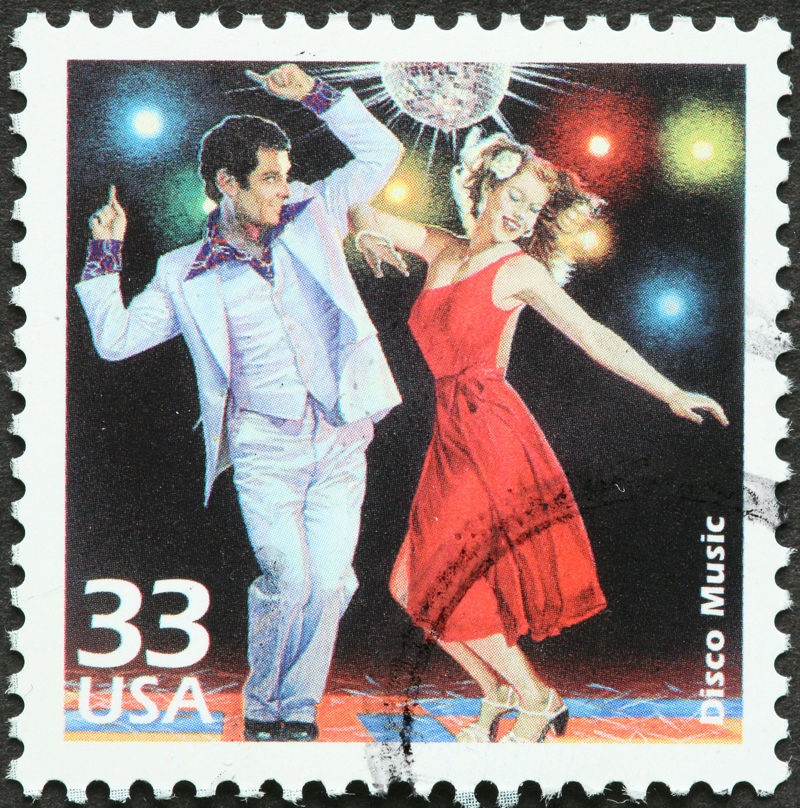
Disco fashion was at the forefront of this electric era. The dance floor was a place to express oneself and showcase a love of glittery and flashy things such as shiny satin dresses. And fashion was the perfect medium to make that statement.
The go-to choices were sparkling mini dresses, satin shirts, sleek jumpsuits, and daring hot pants made in shimmering materials such as spandex, lamé, and sequins. High-heeled shoes added an extra touch of glamour, elongating the legs and commanding attention. To truly stand out, bold, flashy accessories such as oversized earrings, stacks of bangles, and statement necklaces were a must-have.
Studio 54, located in New York City, is often associated with the disco style. This nightclub was the place to be for celebrities and influencers alike. The club quickly became famous due to its exclusive guest list featuring stars like fashion models Bianca Jagger, Brooke Shields, and Grace Jones, as well as Diana Ross, Liza Minnelli, Elton John, and Andy Warhol.
Rock Style
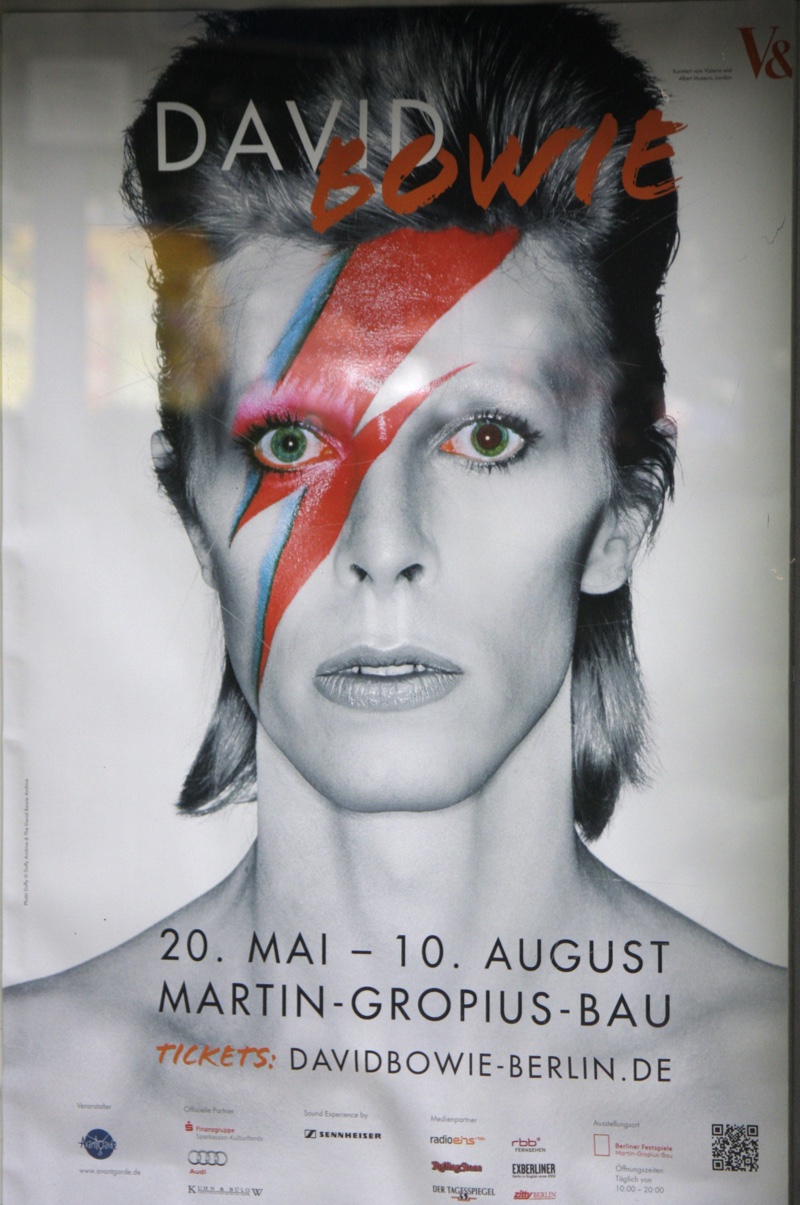
1970s fashion also saw the rise of punk and glam rock styles. The first was about statement pieces and making a bold declaration with one’s wardrobe. Punk elements such as safety pins, leather jackets, ripped jeans, and graphic tees were popular items during this era.
70s rock bands like The Sex Pistols, The Clash, and The Ramones heavily influenced 70s punk style. Later in the decade and during the early 1980s, Debbie Harry and Blondie helped define the period.
1970s fashion is incomplete without mentioning the glam rock style popularized by stars such as style icons David Bowie and Elton John. This look was about being larger than life with sparkly clothes, outrageous makeup, and over-the-top hairstyles.
From bright eyeshadow to glittery jackets, the 70s glam rock music scene was about being bold. Bright jumpsuits, disco-style shirts, and sequined trousers were popular items during this era.
Sweater Dresses
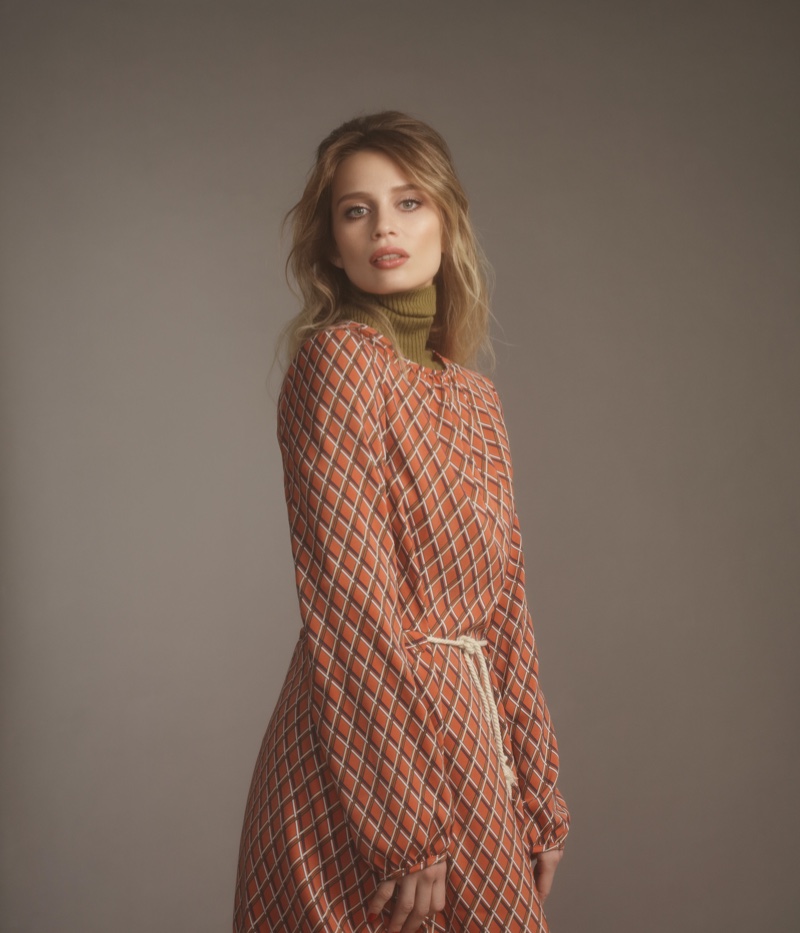
In the 1970s, the sweater dress was a staple in the wardrobes of fashion-savvy women. This versatile and cozy piece perfectly represented the decade’s relaxed yet chic aesthetic. From its chunky knit fabric to its wide range of necklines and lengths, the sweater dress was the epitome of effortless style.
Pairing the sweater dress with over-the-knee boots or opaque tights was a standard go-to, creating an on-trend and comfortable look. Women often belted the sweater dress to cinch the waist and add a touch of femininity, highlighting their curves and creating a more fitted silhouette.
The 1970s was a time of experimentation in fashion, and the knit dress was no exception. Whether styled with a bold statement belt or layered over a collared shirt, this timeless piece could be worn in countless ways to suit the occasion and the wearer’s taste.
Leather Jackets
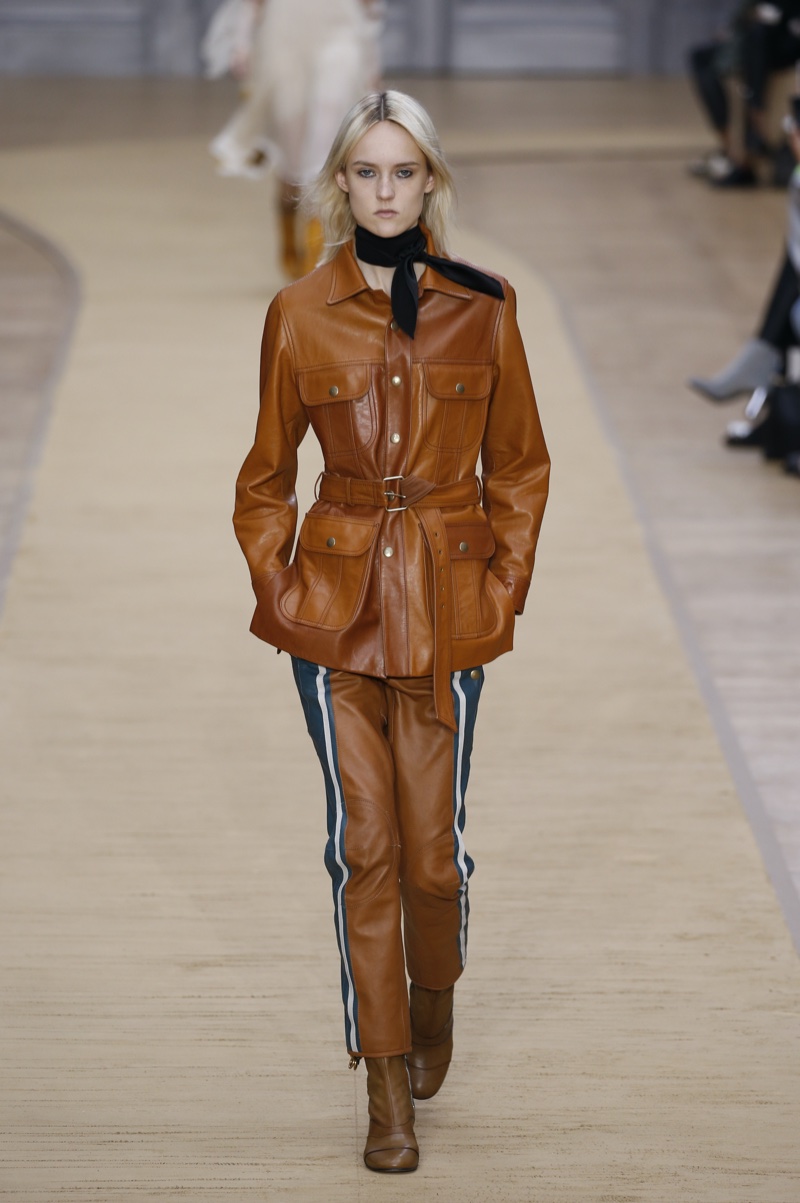
Leather jackets were a signature 70s fashion item worn by some of the most stylish people. They typically had more exaggerated lapels and shoulders than today’s jackets, creating a bolder statement. These jackets could be seen in various colors, including brown, red, black, and tan.
People often paired them with flared jeans for an iconic 70s look or over bright minidresses for a disco vibe. For men, they could be worn as part of an everyday outfit or to make an impact at nightclubs or parties. Leather pants also became popular during this era, seen on both men and women alike.
Tie-Dye Style
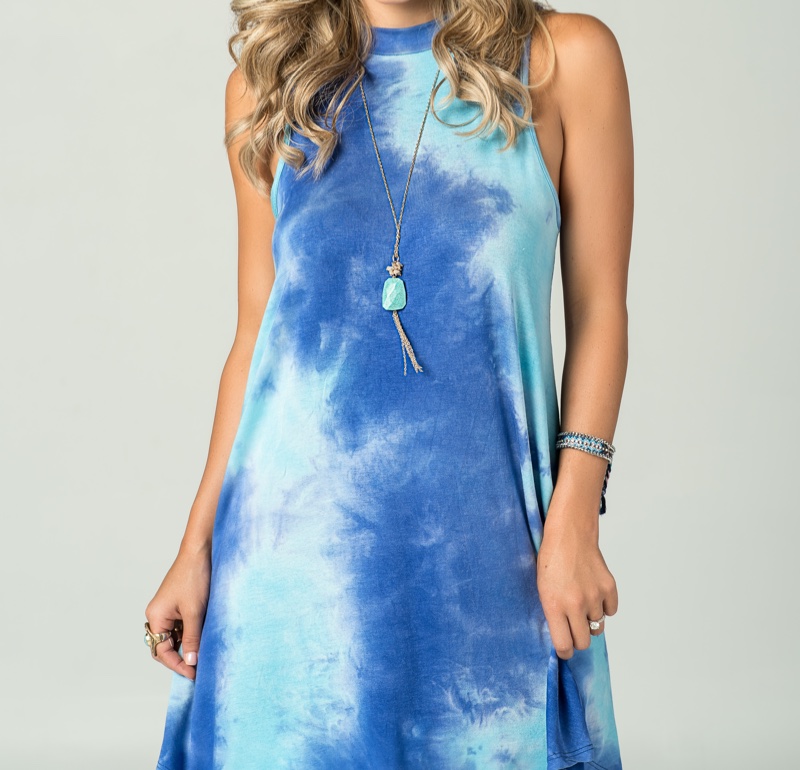
During the 70s, tie-dye was popularized by hippies and other counterculture movements and was often seen on shirts, dresses, and even jeans. People commonly wore vibrant color combinations of yellow, green, orange, pink, purple, and blue. The 70s tie-dye style focused on a more ‘free spirit’ feel with bold patterns like swirls or ombre designs.
People accessorized tie-dye garments with headbands in matching colors and fringe details to create boho vibes. Accessories such as flower crowns were also standard, adding an extra color against the bright dyes.
Clothing of Liberation
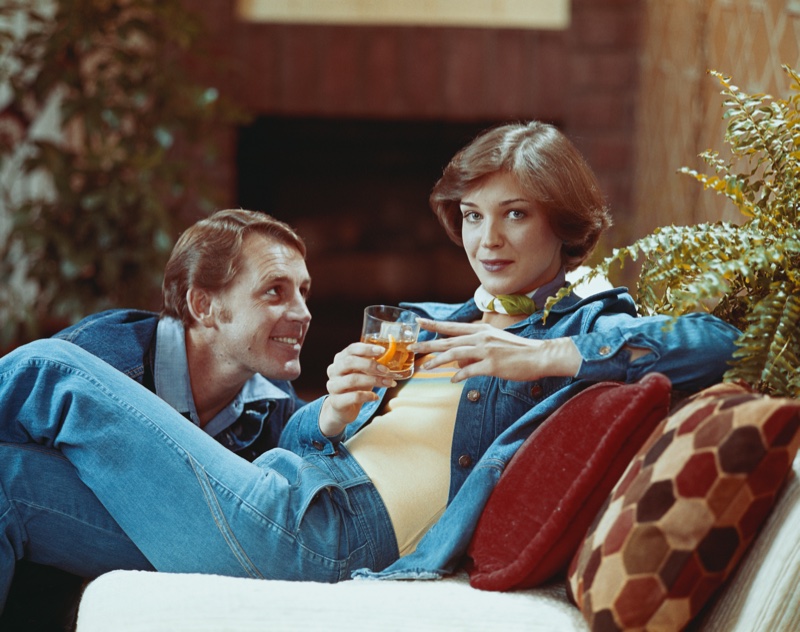
70s fashion for women reflected an era of liberation and discovery—especially regarding fashion. With disco-inspired looks featuring bell bottoms, bold prints, and wrap dresses ruling the runway, trends that were once seen as too daring for mainstream culture had been accepted—even celebrated.
This newfound freedom embraced bold colors, prints, and statement pieces that added a sense of luxury to everyday life. The world had been craving something unique and different; with the 70s providing just that, it’s no surprise why so many people are still rocking those same styles today.
Frequently Asked Questions
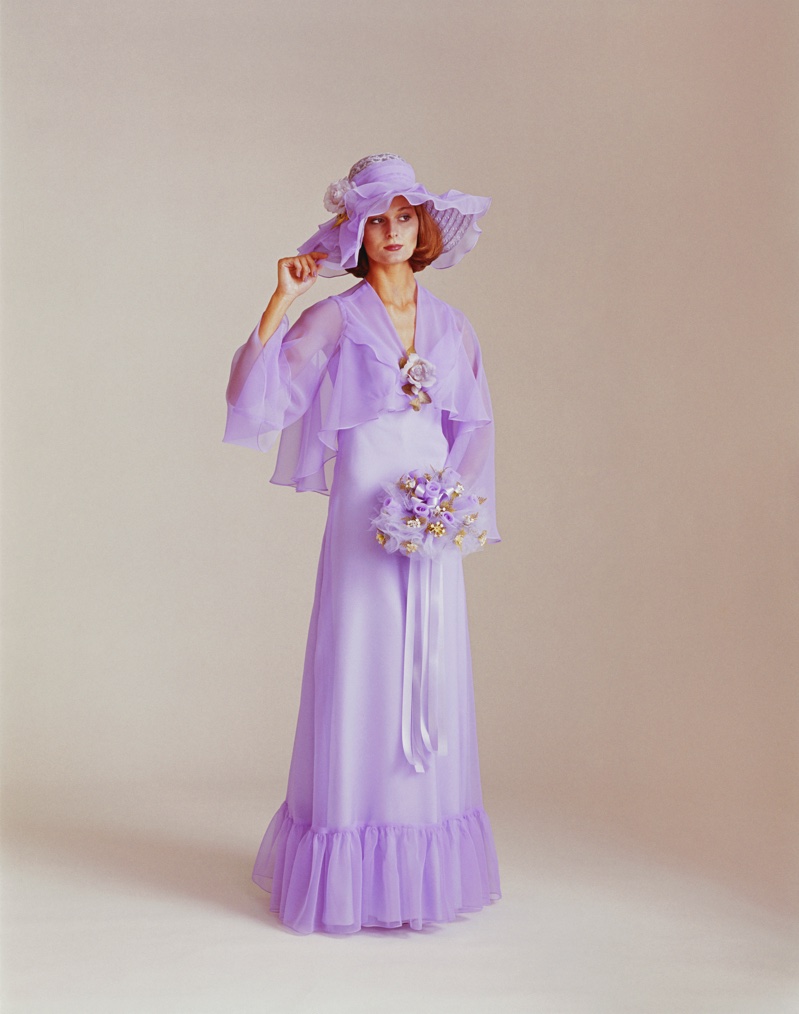
What was the fashion in the 70s?
The fashion in the 70s was about pushing the boundaries—embracing earthy tones and eccentric patterns, wearing clothes accentuating the female figure with body-hugging cuts, and playing with footwear to create maximum impact.
Bell bottom style jeans were the staple of 70s fashion, worn with colorful printed blouses, long flowing maxi dresses, and platform shoes. The 70s was a decade of bold fashion statements and daring trends.
What do you wear to a 70s party?
For women at a 70s party, a flowy maxi dress in a bold print is a perfect choice. Pair it with platform heels and chunky jewelry for a bohemian vibe, or go for a more retro look with a fitted jumpsuit and over-the-knee boots.
If daring, opt for short shorts and a crop top combination, accessorized with oversized sunglasses and a funky headscarf like the era’s style icons.
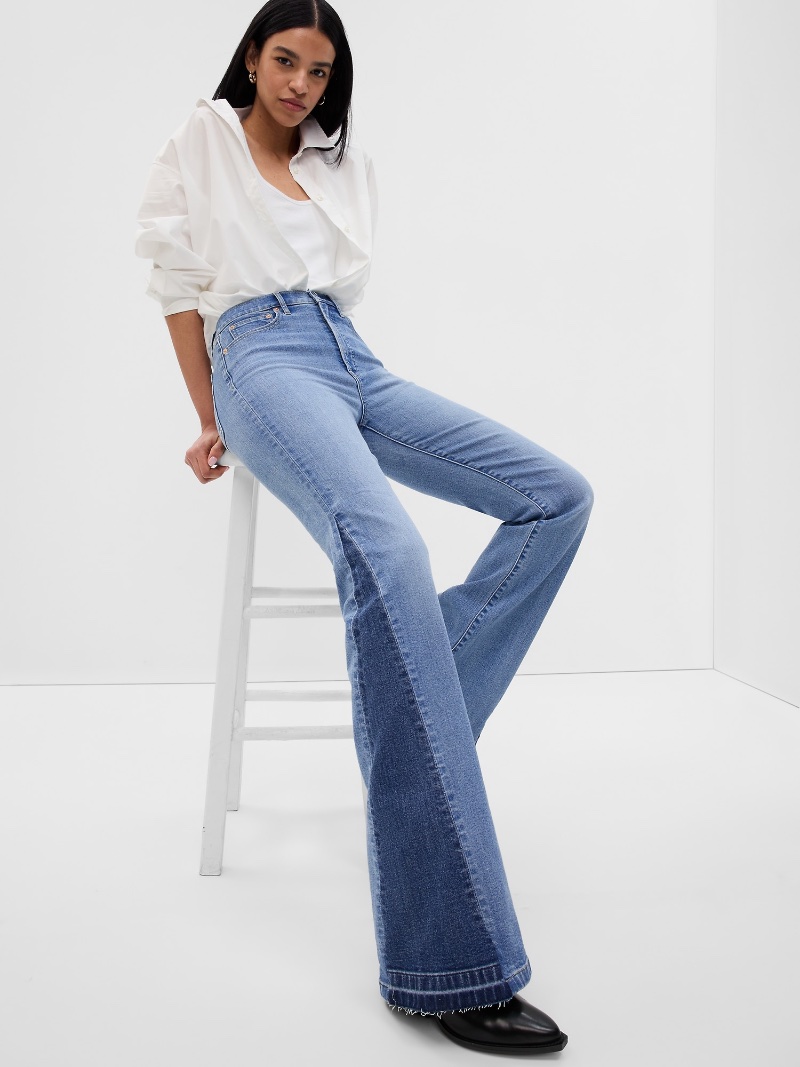
How to wear 70s fashion now?
Embracing the 70s fashion in a modern context is all about finding the perfect balance between retro elements and contemporary style. Here are some tips on how to wear 70s fashion now for women:
Flared pants: Opt for high-waisted flared pants or jeans to nod to the 70s silhouette. Pair them with a tucked-in blouse or a fitted turtleneck for a chic, modern look.
Maxi dresses and skirts: Choose flowy, bohemian-inspired maxi dresses or skirts with bold prints and patterns. Style them with modern accessories like minimalist sandals and dainty jewelry for an updated twist.
Wide belts: Accentuate your waist with a wide belt over a dress, jumpsuit, or high-waisted pants. Look for contemporary materials and buckle designs to keep the look current.
Platform shoes: Incorporate platform shoes or wedges into your wardrobe for a subtle 70s touch. Pair them with wide-leg pants or midi skirts for a balanced and stylish outfit.
Statement sleeves: Look for blouses or dresses with statement sleeves, like billowy or balloon shapes, as a nod to the 70s’ love for dramatic silhouettes.
Color blocking: Embrace bold colors and patterns by combining contrasting hues in your outfit. Choose modern cuts and fabrics to keep the look fresh and on-trend.
Fringe and suede: Incorporate fringe or suede in moderation through accessories, like a fringed bag or a suede jacket, to add a touch of 70s flair without going overboard.
Turtleneck sweaters: Wear a fitted turtleneck sweater under a blazer or dress for a versatile, stylish, 70s-inspired layering option.
Vintage-inspired sunglasses: Accessorize with oversized, round, or square sunglasses for a subtle nod to the 70s. Look for contemporary frame materials and lens colors to keep the look modern.
Mix and match: Remember to mix vintage 70s pieces with contemporary items in your wardrobe. The key to nailing the 70s look in today’s fashion is to balance the two, creating a unique and personalized style.
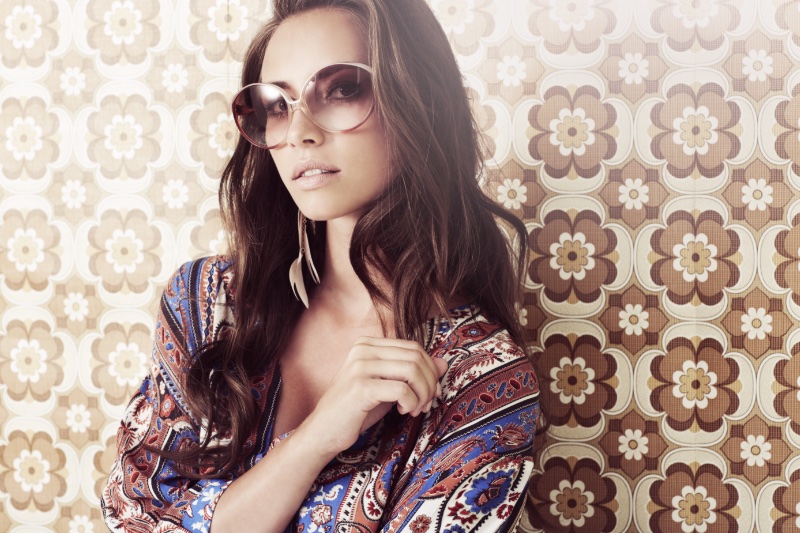
What accessories were popular in the 70s?
The 1970s was a decade of bold and eclectic fashion, with various accessories gaining popularity. Some of the most iconic 70s accessories include:
Wide belts: These were often worn with high-waisted pants or skirts to accentuate the waist and create a flattering silhouette.
Platform shoes: Both men and women embraced them, adding height and a sense of drama to their outfits.
Oversized sunglasses: Large, statement-making sunglasses were a must-have accessory, often featuring round or square frames and tinted lenses.
Chokers: Neck-hugging chokers made from materials like velvet, leather, or metal added a touch of glam to 70s ensembles.
Fringed bags and vests: Fringe was a popular embellishment for bags, vests, and jackets, reflecting the decade’s fascination with bohemian and hippie styles.
Floppy hats: Wide-brimmed floppy hats, often made from felt or straw, were a stylish and practical accessory for sun protection and fashion.
Mood rings: These color-changing rings were a fun and fashionable novelty item that claimed to reveal the wearer’s mood based on body temperature.
Feathered hair accessories: Feathers were often used in hair clips, headbands, and other hair accessories, adding a touch of boho-chic to any outfit.
Tie-dye and bandana prints: Colorful tie-dye and bandana patterns were popular in scarves, headbands, and other fabric accessories, reflecting the era’s love for bright colors and patterns.
Macramé jewelry: Handcrafted macramé bracelets and necklaces, often featuring beads or stones, were a popular choice for those embracing a more earthy, bohemian look.
